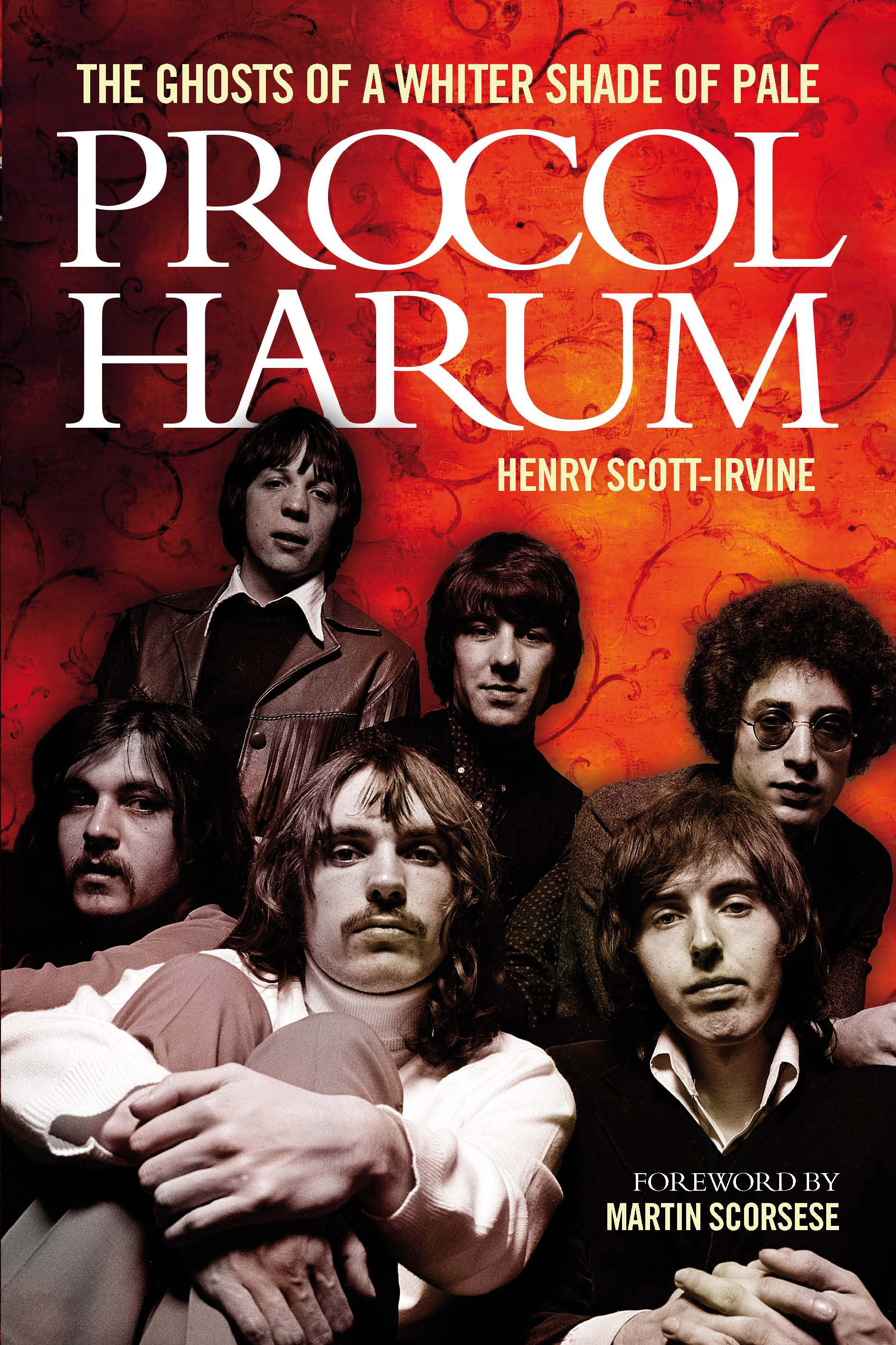
It's not always possible to visit the town or the state you desperately want your characters to inhabit. You can read books about your location, read travel guides, talk to friends or relatives. Yet we all know if possible, we should try to visit the area or town. You do understand your travel expense will be tax deductible, right?
Sometimes a town can surprise you. Take Nashville, TN for instance. Home of Country Music. Grand Old Opry at the Ryman Auditorium. The Columbia River runs all through the town. It's also the home of the Tennessee Titans, The Nashville Predators are their winning hockey team. It's the Home of President Andrew Jackson, Vanderbilt University and Medical Center. Yes, Nashville is all that and even more.
My daughter, Karla has lived there for twenty-three years and I've visited several times, seeing all the things I mentioned above. This summer's visit, I saw things in Nashville that I had never seen before and wouldn't write about in a story unless I had visited there with a daughter who loves exploring the town where she currently lives.
One of the first things we did was go to a Jazz Club. A Jazz Club in the heartland of Country Music? Yes. It's new and since Nashville is a music loving town it likely will become a hip place to go. The night we were there a young man was playing a piano. He was quite good and after he took a break he added a friend who played saxophone along with him. A full jazz band came in a little later but we had already had dinner and a couple of drinks and were ready to head home.
A week or so later, we met a couple of friends at an Irish Pub. There was a five or six person band playing Irish or Celtic music on the other side of the room. Irish Music in the home town of the Grand Old Opry? Yes. Why not? It's not unusual to find an Irish Pub in a large city. Or probably even a mid-sized one, but I personally had never been to one. The Guinness Steak and Pie was fantastic.
Another night we went to a Holiday Inn in downtown Nashville to their famous Commodore Room. So named because it's across from Vanderbilt University who's nickname is the Commodores .We were hoping to be there for a singer/songwriter night. Up and coming performers come and play their original music for tips. A group of four performers were there and we got to hear them each play and sing a couple of songs.
When they left the stage, we were expecting second group of singer/songwriters but instead a Jazz Band took the stage. Jazz again? Yes, indeed. Maybe jazz is going to be an up and coming thing in Nashville. Who knew?
We did have a treat as this band had a jazz singer. A gentleman singer who's name I'm sorry to say that I have forgotten, but he was awesome. He opened with "My Funny Valentine," slow and sweet. Then mid-way he began a series of jazz riffs with his voice that would have thrilled Ella Fitz Gerald.
Since our big goal was a singer/songwriter night we left after Karla called and found out a friend was hosting such an event in a club in Hendersonville (a bedroom town to Nashville) so we headed there. Of course, we heard some good original music. Many of these folks may only play in small venues but they often pick up fans and followers and make their own CDs to sell and often make a decent living.
One of the last days in Nashville we drove downtown on a Sunday afternoon and drove down Music Row. Most record labels have offices there. Also some booking agents have offices. Then we drove down Lower Broad (Broadway) where many clubs are located. Some of the clubs are owned by a famous country star like, Blake Shelton. Or a famous star like the late, George Jones.
And I saw one of the funniest vehicles I've ever seen.
It's known as a party-tavern. It's about the size of a horse drawn wagon but it is powered by ten or twelve or eighteen people pedaling away. The people sit on bicycle seats and pedal. And the company renting them has a driver to steer this vehicle, while the people who have brought their own alcohol, sight-see and party. If you ride on these party taverns they are NOT allowed to serve alcohol as then the company and the pedalors could be charged with a DUI. These party taverns may be in many cities but I live in a small town and had not seen them before.
We also visited Centennial Park on another Sunday afternoon and Karla pointed out a Pavilion where on Saturday nights there can be Big Bands playing music from the 30s and 40s and dance instructors to teach Jitterbug and Charleston, etc. People bring chairs or a blanket and maybe a cooler and dance or just enjoy the music.
Also there's a Musician's Corner where Singer/songwriters will come on a Saturday afternoon in late summer and early fall to perform. Again people bring their chairs or blankets. A picnic basket and a cooler of drinks to listen to some good music.
Nashville is still known as the biggest and first Music City and you can certainly enjoy live music to your heart's content. If you are going to write about Tennessee I suggest you visit Nashville. Or where ever you're writing about, it certainly will give you the best flavor possible if you can visit and remember, location, location, location.
Hope you're enjoying a good family day and cook-out on this last holiday week-end of the summer.


















:format(jpeg):mode_rgb():quality(90)/discogs-images/R-1762406-1423414664-1583.jpeg.jpg)




























/thumb.jpg)